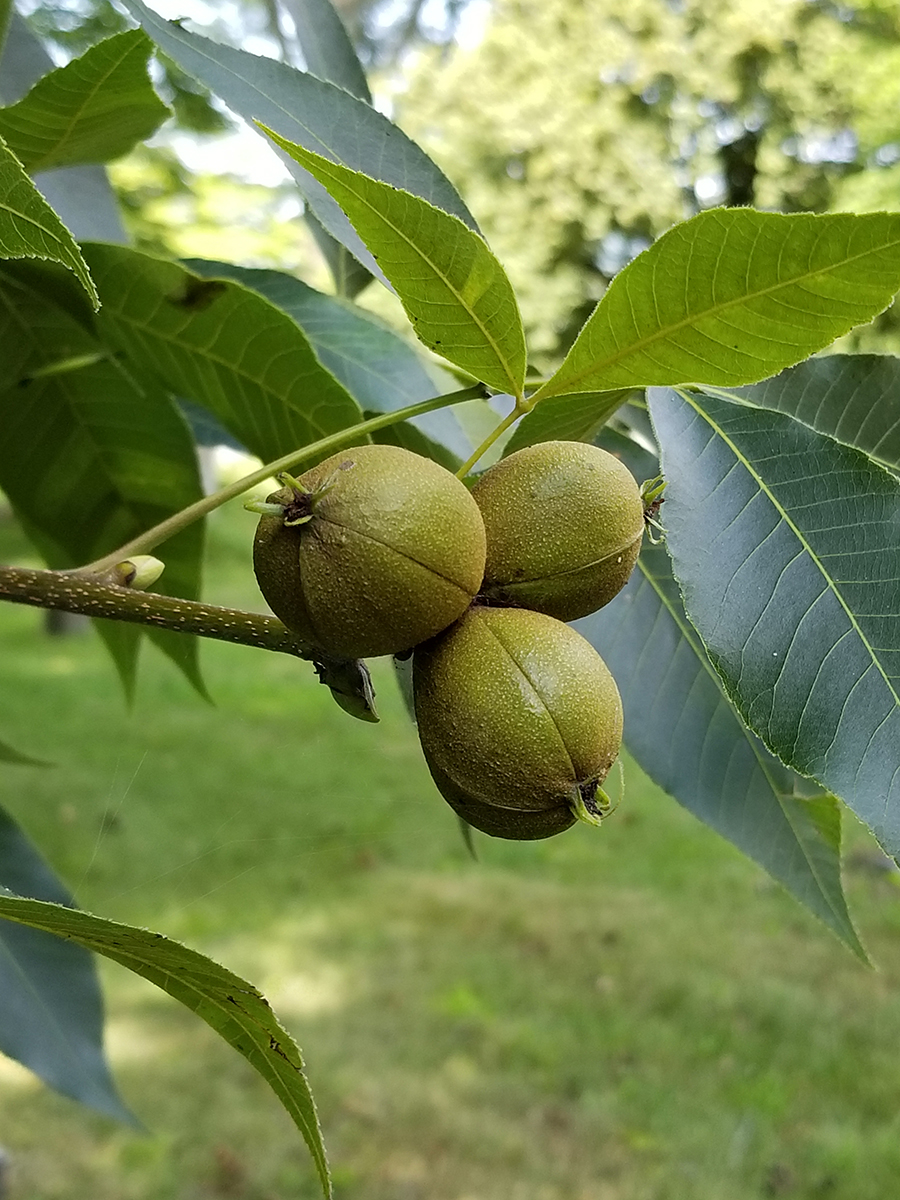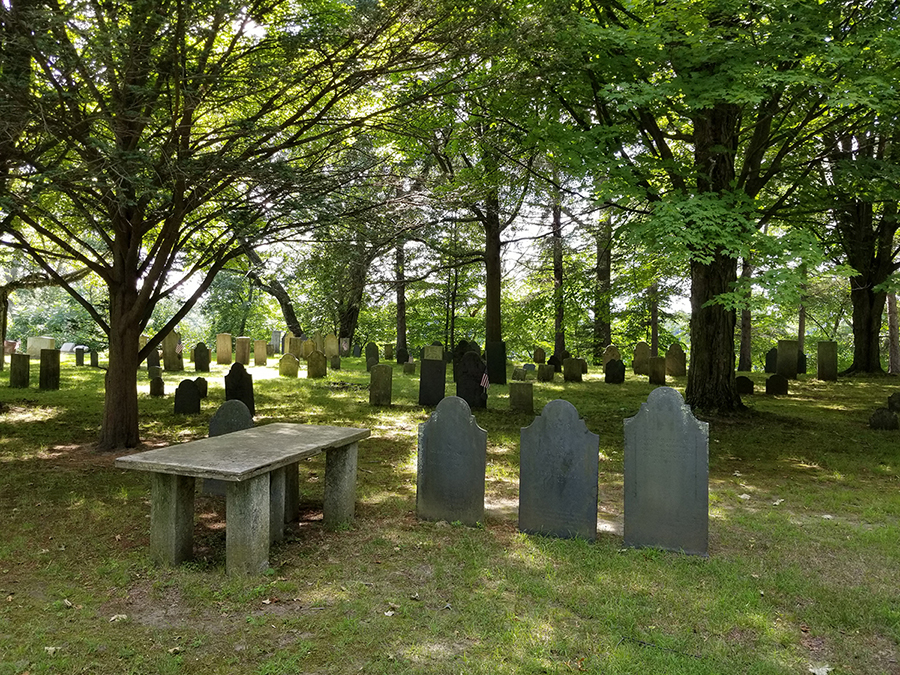

Established ca. 1714, Riverside Cemetery is Sunderland’s oldest known place of interment, situated on land reserved of the town’s first permanent settlement along the east bank of the Connecticut River. The 5.91-acre landscape contains the graves of Sunderland’s founders, generations of farmers, and others influential in the development of the town. Still an active cemetery, Riverside’s several burial sections date from the early 18th to the 21st centuries and exhibit a range of historic cemetery styles. Its hundreds of monuments and markers tell the 300-year history of this early Connecticut Valley farming community.
While the landscape has been conscientiously managed by its governing board of trustees, the property lacked space for future burials. The trustees wanted to find additional interment space while at the same time preserving the cemetery’s historic features and overall character. In 2018, the trustees hired Martha Lyon Landscape Architecture, LLC (MLLA) and Monument Conservation Collaborative, LLC (MCC) to prepare a preservation master plan. The team assessed existing conditions and provided preservation recommendations for the trees, roads, paths, edges, monuments and grave markers. Included in the plan were options for creating additional burial space by closing unused roads and making cremation gardens. Implementation will begin in 2019.
While the landscape has been conscientiously managed by its governing board of trustees, the property lacked space for future burials. The trustees wanted to find additional interment space while at the same time preserving the cemetery’s historic features and overall character. In 2018, the trustees hired Martha Lyon Landscape Architecture, LLC (MLLA) and Monument Conservation Collaborative, LLC (MCC) to prepare a preservation master plan. The team assessed existing conditions and provided preservation recommendations for the trees, roads, paths, edges, monuments and grave markers. Included in the plan were options for creating additional burial space by closing unused roads and making cremation gardens. Implementation will begin in 2019.